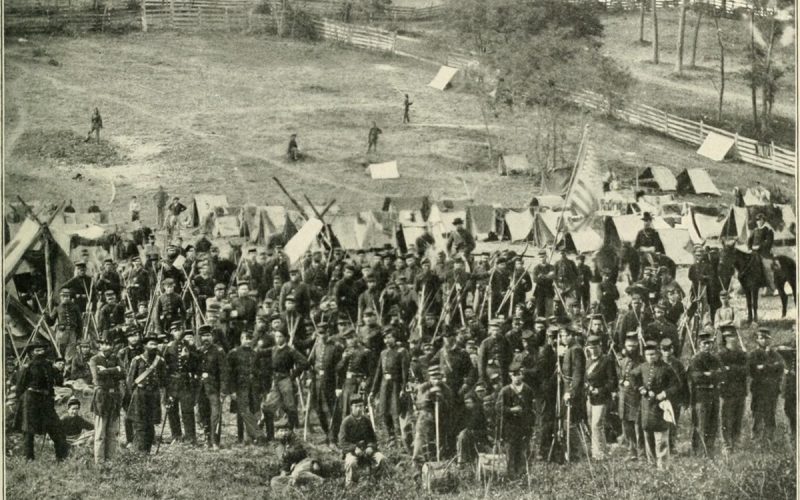What if the Civil War didn’t really end when you think it did? Most Americans remember April 9, 1865—Appomattox Court House, General Lee’s surrender—as the end of the bloodiest conflict in U.S. history. But the real story is far messier, and its echoes reach into today’s headlines.
The American Civil War, fought from 1861 to 1865, tore the nation apart. Over 600,000 lives were lost. The North and South clashed over slavery, state rights, and the very soul of the nation. When Lee surrendered to Grant in Virginia, the country exhaled. Yet, fighting didn’t stop overnight.
News traveled slowly, and some Confederate holdouts resisted for months. The last official Confederate surrender happened on November 6, 1865, when the CSS Shenandoah lowered its flag.
Legally, the war didn’t end until President Andrew Johnson declared the insurrection over on August 20, 1866. That’s a year and a half after Appomattox.
Shocking GM Vehicle Recall: Fire Risk Forces Over 62,000 Trucks Off the Road—Are You at Risk?
Why does this matter? Because the end of the Civil War wasn’t just about armies. It was about what would come next for millions of newly freed Black Americans. The war’s aftermath brought the 14th Amendment, one of the most powerful—and contested—laws in U.S. history.
Passed by Congress in 1866 and ratified on July 9, 1868, the 14th Amendment changed everything. It declared that all persons born or naturalized in the United States—including former slaves—were citizens.
It promised “equal protection of the laws” and “due process” for everyone. For the first time, states couldn’t deny basic rights to their residents. The amendment was a direct response to the injustices that had sparked the Civil War. It overturned the infamous Dred Scott decision, which had said Black people could never be citizens.
But the 14th Amendment didn’t pass easily. Southern states, defeated but defiant, resisted. Congress made ratification a condition for regaining representation. The amendment also barred former Confederate leaders from holding office and refused to honor Confederate war debts.
It was a bold step, but it didn’t erase racism or inequality overnight. The struggle for civil rights would continue for generations.
The 14th Amendment became the foundation for landmark Supreme Court cases. It was used to strike down segregation in Brown v. Board of Education. It protected interracial marriage in Loving v. Virginia.
It shaped debates over abortion, same-sex marriage, and affirmative action. Yet, the promise of “equal protection” remains a work in progress.
In Rockford, Illinois, a new headstone was recently placed for a forgotten Civil War veteran. It’s a reminder that the war’s legacy still shapes our lives.
Local authors win awards for books on Civil War medicine, and reenactors keep the memory alive—sometimes with a bit of humor, as when one was reminded not to turn a battle into a personal fife recital.
So, what year did the Civil War end? It’s not a simple answer. The guns fell silent in 1865, but the legal and social battles raged on. The 14th Amendment, born from the ashes of war, is still at the heart of America’s fight for justice.
If you want to dive deeper, the National Archives and the Library of Congress offer a wealth of primary sources and stories waiting to be explored.
The Civil War’s end is more than a date. It’s a turning point that still challenges us to live up to the promise of equality.
Interested in US News , Read here





